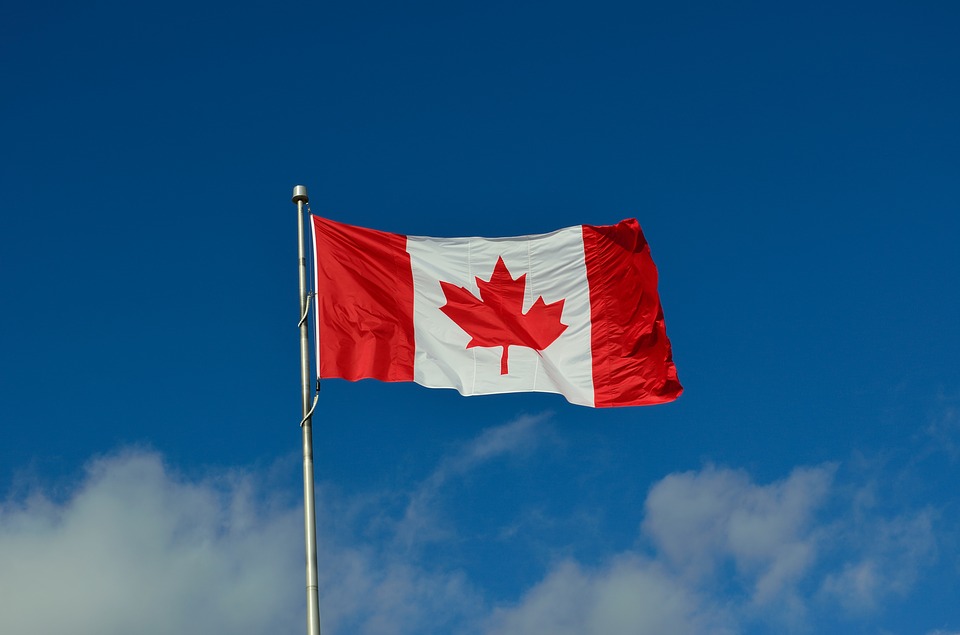
Creative Commons / Wikimedia Commons
By Allyyssa Sousa-Kirpaul
Prime Minister Justin Trudeau has signed a free-trade deal with the European Union that could stimulate the economy and bring new jobs to Canada, said an expert in international trade.
The benefit for Canadians will result from the reduction and elimination of tariffs, said Ian Lee a business professor at Carleton University.
“Anytime Canada signs an agreement that liberalizes trade or the rules of trade it will be a benefit to exporters because they will be able to sell more goods abroad,” said Lee. “It’s going to enhance trade and business which will create jobs in Canada for more exports to then hire more people.”
“There’s a lot of people saying the government shouldn’t be telling us which goods we should be buying. It also introduces more distortions in the economy and less dynamic and less competitiveness because the protective firms don’t have to be as innovative and don’t have to work as hard,” said Lee.
Political science professor at University of Toronto agrees tariffs and import taxes will benefit consumers.
“Canada exports a lot so if we can get our exports into Europe then that’s another market other than the U.S. Historically we’ve been dependent on the U.S. If we get into Europe then that’s a good thing,” said Grace Skogstad.
“A lot of farmers in Canada or people who manufacture products might want to export and as long as they’re competitive in that market they usually see this as a good thing.”
The prices on European cheese will go down, said Skogstad, but Canadians could also see increased prices for other products.
“One thing that seems likely is the cost of some pharmaceutical drugs might go up because most of these drugs are made in Europe. Pharmaceutical industry has been able to gain access to the Canadian market so there’s a worry hospitals and tax payers could end up paying more,” said Skogstad.
Lee said Wallonia, a region in Belgium, was unwilling to sign the trade deal at first because their farmers didn’t want any competition.
“It’s protectionism, Wallonia has a significant farming modulation and they didn’t want to face competition from Canadian farmers,” said Lee.
But, he said, competition is good for countries.
“When you look at countries who have closed economies meaning they keep out foreign goods, they tend to be very weak,” said Lee. “protectionism argues that it protects jobs it actually in longer terms makes country economies weak and you lose jobs because they’re less competitive,” said Lee.
Wallonia eventually signed on after getting protection to restrict agriculture products coming from Canada.

